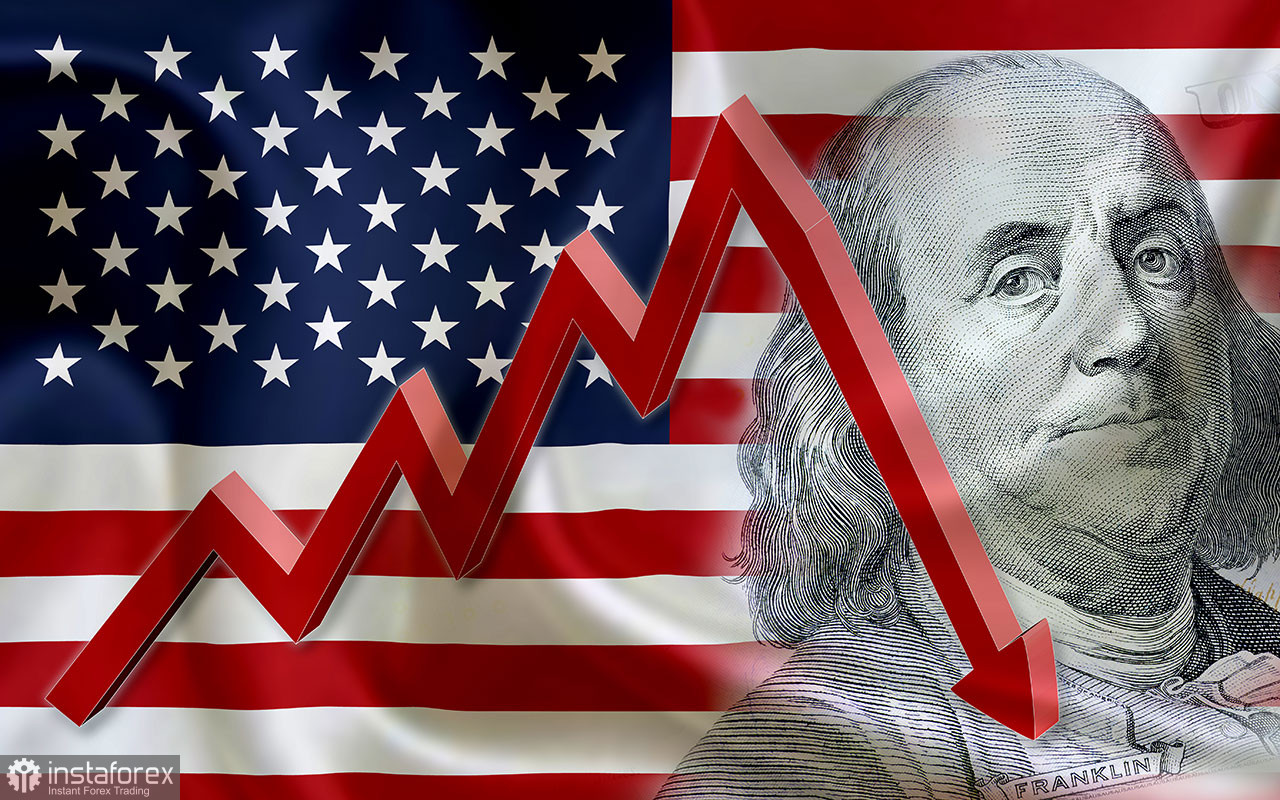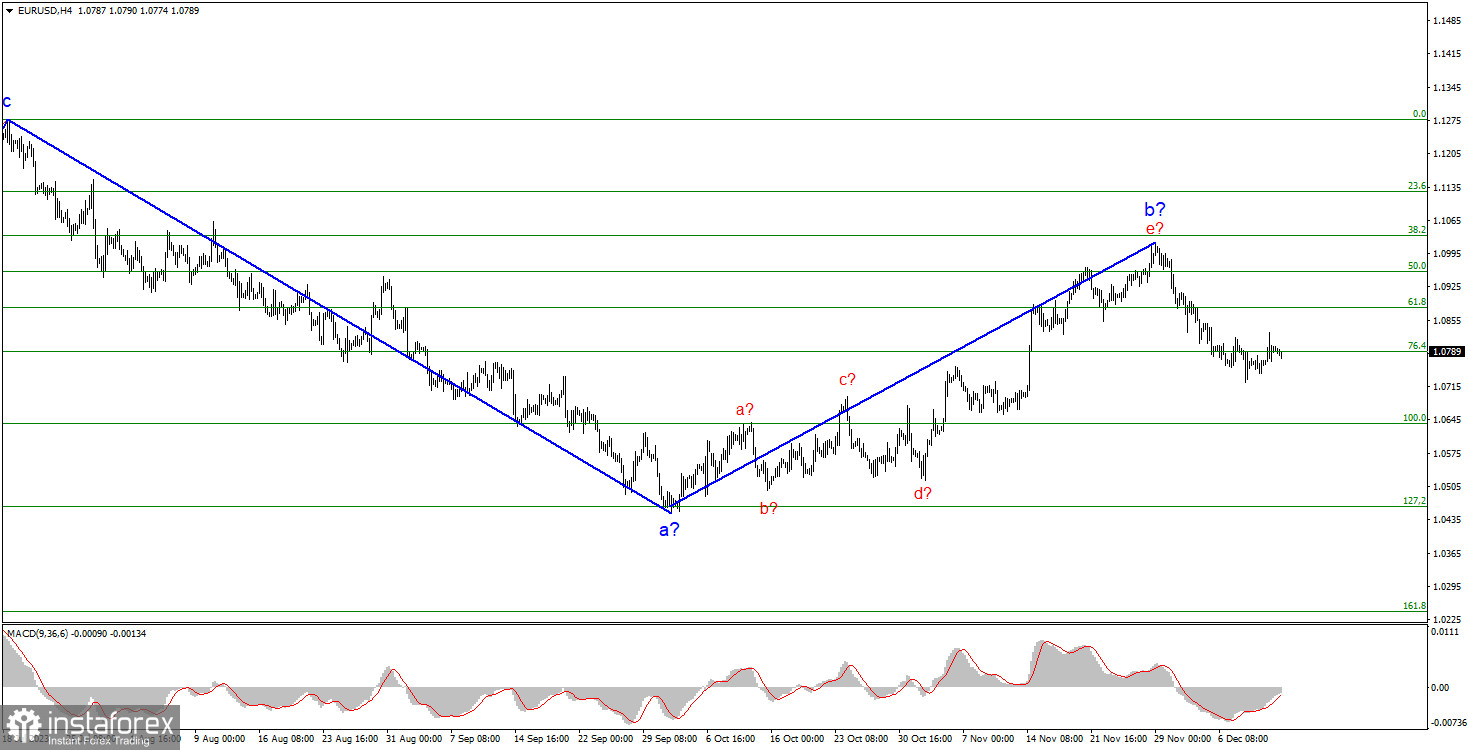
The Federal Reserve System will kick off the parade of central bank meetings this evening, marking the last meetings of the year for all three central banks. Analysts and market participants do not expect any changes from these meetings, so valuable information will be gleaned from the speeches of the central bank governors. Official economic and interest rate forecasts will also be provided.
Over the past one and a half to two years, many have used inflation reports to predict changes in interest rates and make trading decisions based on that. At present, discussions about raising interest rates are not taking place in all three central banks. It appears that it doesn't matter whether inflation is falling or rising. As long as it does not start to rise uncontrollably, regulators will not tighten monetary policy. Certainly, inflation could start to accelerate uncontrollably, but the probability of this happening is still quite low. Therefore, I conclude that the most "hawkish" scenario simply implies a more prolonged holding of the rate at its peak.

Given all of the above, inflation can fluctuate in any direction in the coming months in the UK, the US, and the EU. Until it shows alarming acceleration, regulators will not talk about the need for further tightening of policy. Consider the following scenario. Inflation in the US accelerates to 4%, what can the Federal Reserve do if its rate is already at the highest level in 20 years? The maximum is to raise it once again. But will one more 25 basis points increase solve the problem of galloping inflation? Unlikely.
Therefore, central banks are not even considering the scenario of a new rate hike at the moment. They are counting on the prolonged impact of high rates on inflation, aiming to achieve its reduction to 2%. Moreover, I believe that each regulator will not firmly stick to the 2% figure. It is worth remembering that for many years, central banks had a headache with low inflation that could not be boosted to 2%. I believe that no one will make a tragedy out of the value of 2.3%.
In conclusion, I believe that the question now is only when one or another central bank will start cutting rates. It is difficult to expect this from the Federal Reserve now, it is quite possible from the ECB, and not from the Bank of England. Therefore, the euro has the highest chance of a decline in demand soon.
Based on the analysis conducted, I conclude that the construction of a bearish wave pattern continues. The targets around the 1.0463 mark have been perfectly worked out, and the unsuccessful attempt to break this mark indicated a transition to the construction of a corrective wave. Wave 2 or b has taken on a completed form, so I expect the construction of an impulsive downward wave 3 or c with a significant decrease in the instrument soon. I still recommend selling with targets below the low of wave 1 or a. At this time, wave 2 or b can be considered complete.
The wave pattern of the pound/dollar instrument suggests a decline within the descending trend. The maximum that the British pound can count on is a correction. At this time, I can recommend selling the pair with targets below the 1.2068 mark because wave 2 or b must ultimately be completed and may end at any time. The longer it takes, the stronger the subsequent fall of the British pound will be. The narrowing triangle is a harbinger of the completion of the movement.





















